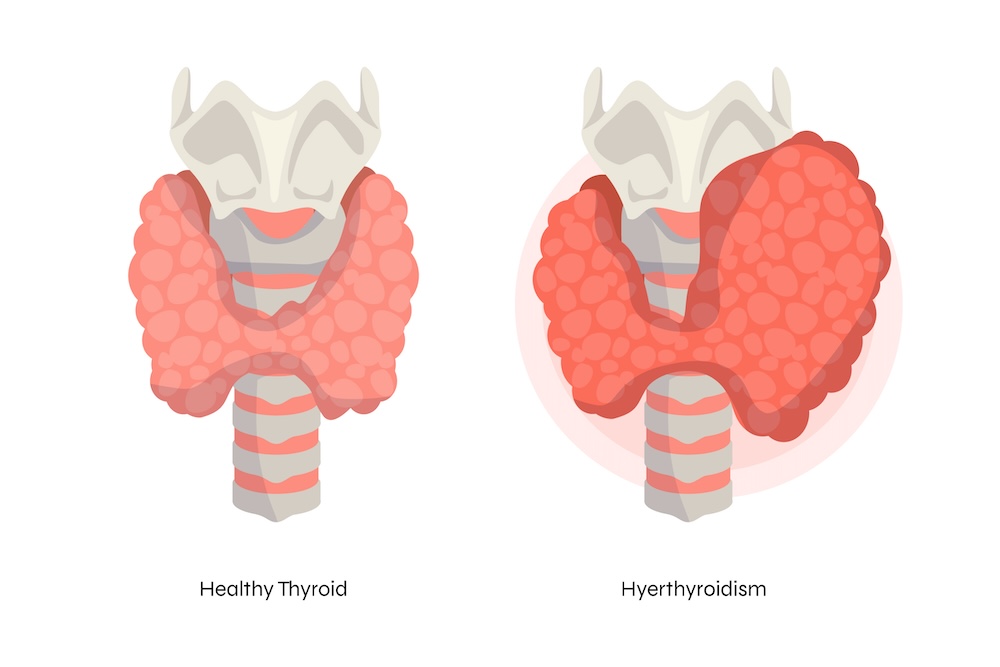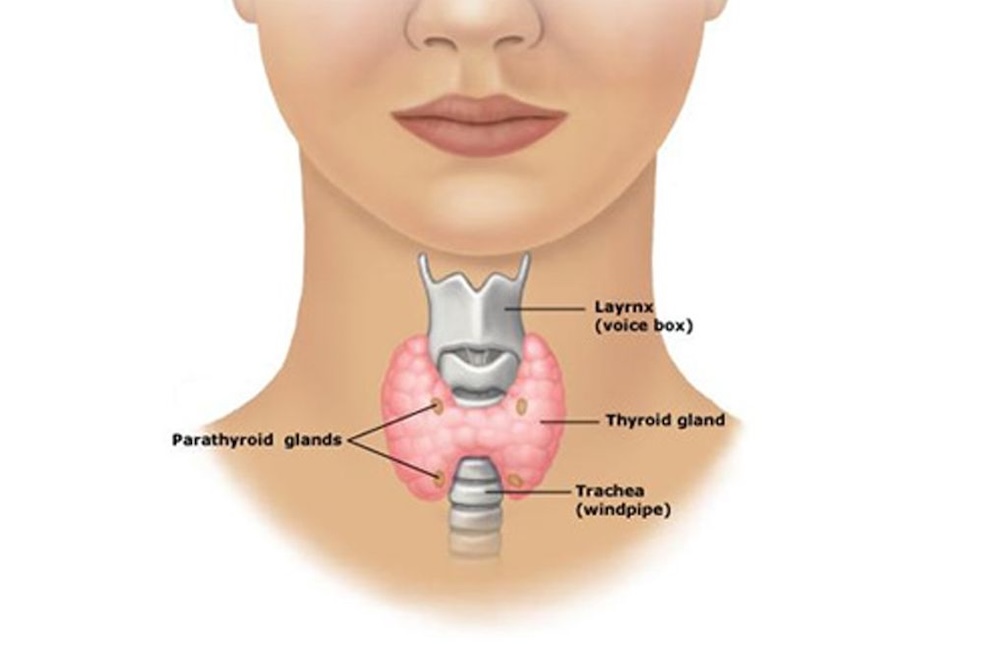
The thyroid, a small gland at the base of the neck, plays a pivotal role in regulating metabolism through hormone production. Thyroxine (T4) and triiodothyronine (T3) are vital hormones produced by the thyroid, influencing energy levels, growth, and temperature regulation. Dr. Chinmay Nagesh specializes in addressing thyroid disorders, ensuring a delicate hormonal balance.
The diagnosis of thyroid conditions involves a comprehensive approach, integrating clinical evaluation, laboratory tests, and imaging studies. Dr. Chinmay Nagesh employs advanced diagnostic techniques to ensure accurate assessments and to tailor treatment plans for individualized care. Here is an overview of the diagnostic process for thyroid conditions:
Clinical Evaluation:
Blood Tests:
Imaging Studies:
Advanced Diagnostic Techniques:
Interventional treatments for thyroid conditions involve advanced procedures aimed at addressing specific thyroid issues, often in a minimally invasive manner. Dr. Chinmay Nagesh utilizes these innovative approaches to provide targeted and effective treatment for various thyroid conditions. Here are key interventional treatments for thyroid disorders:
Radiofrequency Ablation (RFA):
Laser Therapy:
Thyroid Nodule Aspiration (TNA) or Ethanol Ablation:
High-Intensity Focused Ultrasound (HIFU):
Cryoablation:

The diagnosis of parathyroid conditions involves a thorough assessment, combining clinical evaluation, blood tests, and imaging studies. Dr. Chinmay Nagesh employs advanced diagnostic techniques to accurately identify and understand parathyroid disorders. Here is an overview of the diagnostic process for parathyroid conditions:
Clinical Evaluation:
Blood Tests:
Imaging Studies:
Bone Density Test:
24-Hour Urine Collection:
Genetic Testing:
Fine-needle aspiration (FNA) Biopsy:
Additional Tests:
Dr. Nagesh’s diagnostic approach involves a combination of these methods, ensuring a comprehensive understanding of the patient’s parathyroid health. The information gathered from these diagnostic tools allows for accurate diagnosis and the development of tailored treatment plans for individuals with parathyroid disorders.
Interventional treatments for parathyroid conditions often aim to address hyperparathyroidism, a condition characterized by overactive parathyroid glands leading to elevated levels of parathyroid hormone (PTH) and calcium in the blood. Dr. Chinmay Nagesh employs advanced and minimally invasive procedures to effectively manage parathyroid disorders. Here are key interventional treatments for parathyroid conditions:
Minimally Invasive Parathyroidectomy:
Radio-Guided Parathyroidectomy (MIRP):
Cryoablation:
Medical Management:
Monitoring and Follow-Up:
Dr. Nagesh’s approach to interventional treatment for parathyroid conditions focuses on providing effective solutions with minimal impact on the patient’s overall health. By utilizing these advanced techniques, he ensures precise and personalized care to optimize outcomes for individuals with hyperparathyroidism.

Endocrinology Care under Dr. Chinmay Nagesh’s guidance extends beyond thyroid and parathyroid disorders, encompassing a spectrum of hormonal conditions with a focus on personalized care.
Comprehensive diagnosis involves a thorough assessment of hormone levels through specialized blood tests, imaging studies, and specific evaluations based on the suspected endocrine disorder. Dr. Nagesh’s expertise ensures accurate identification of underlying causes.
In certain endocrine conditions, interventional treatments may be employed. For instance, in the field of interventional radiology, Dr. Nagesh might use techniques like catheter-directed therapies for adrenal disorders, providing targeted treatment while minimizing impact on surrounding tissues.
Thyroid, Parathyroid & Endocrinology Care by Dr. Chinmay Nagesh represents a fusion of diagnostic precision and innovative interventions. With a commitment to interventional excellence, he ensures that patients receive not only accurate diagnoses but also advanced treatments tailored to their unique needs.
Comprehensive Integrated Interventional Care Services, combining advanced diagnostics, minimally invasive treatments, and patient-centered approaches, ensuring optimal health outcomes with a personalized touch.
Comprehensive varicose veins care, blending advanced treatments for optimal vascular health and personalized well-being.
Expert care for thyroid, parathyroid, and endocrine health, emphasizing precision, intervention, and patient-centered well-being.
Revolutionizing cancer treatment with state-of-the-art interventional oncology. Compassionate care tailored for optimal outcomes.
Comprehensive gastrointestinal care: precise diagnoses, interventional expertise, and compassionate management for optimal well-being.
Specialized care for fibroids and adenomyosis: precise diagnosis and tailored interventions for optimal well-being.
Advanced care for vascular malformations: precise diagnostics and minimally invasive interventions for optimal outcomes
Prostate health excellence: advanced diagnostics and interventional treatments for personalized care and optimal outcomes.
Unlocking Neurovascular Excellence - Precision diagnostics, advanced interventions, compassionate care for optimal well-being.
Revolutionary Limb Venous Disease care: Personalized interventions, diagnostic precision, and holistic well-being.
#22, Ground floor, 5th Cross road, Sampige Rd, Malleswaram, Bengaluru, Karnataka 560003